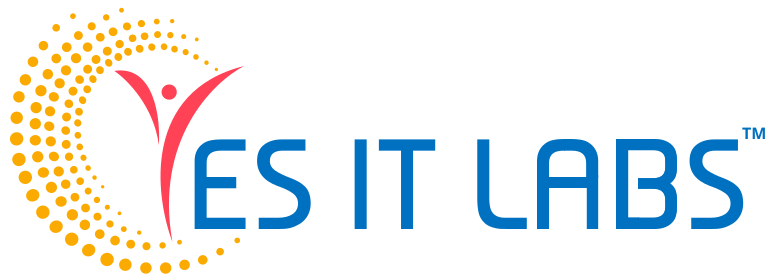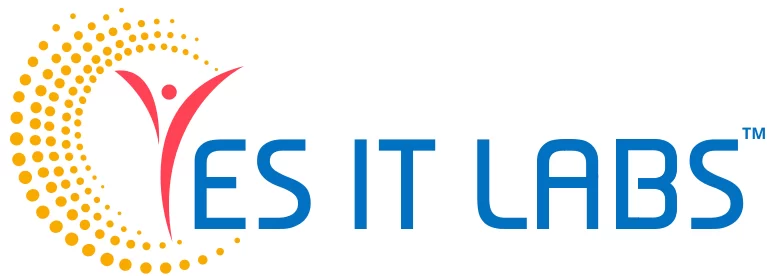Introduction
If you’re in the business of creating mobile apps, you’ve likely pondered over one significant decision: should you go for Flutter or stick with Native app development? It’s a question that has perplexed many app developers and entrepreneurs. In this blog post, we’ll break down the key differences between Flutter and Native app development to help you make an informed choice.
Understanding the Basics
Before we dive into the nitty-gritty, let’s get a quick overview of what these terms mean:
Native App Development: This involves building separate applications for each platform, iOS and Android, using platform-specific languages (Swift/Objective-C for iOS and Java/Kotlin for Android). Each app is optimized for the respective platform, offering the best performance and native look-and-feel.
Flutter: On the other hand, is Google’s open-source UI software development toolkit. It allows developers to create applications for multiple platforms, including iOS, Android, web, and even desktop, using a single codebase written in Dart.
Development Speed and Cost
Flutter shines when it comes to development speed and cost-efficiency. Writing one codebase for multiple platforms means less development time and fewer resources. You can hire Flutter developers who are well-versed in Dart, and they can work on both iOS and Android apps simultaneously, which can significantly reduce your development costs.
Native app development, on the other hand, requires separate teams or developers proficient in platform-specific languages, resulting in longer development cycles and higher costs. However, it offers the advantage of precise customization for each platform.
User Interface and Experience
Native apps have an edge when it comes to delivering the best user experience. They offer seamless integration with the platform’s UI components and can provide a more native “feel” to users. This is particularly important for apps that heavily rely on platform-specific features or have demanding graphics requirements.
Flutter, though, provides a consistent and visually appealing UI across platforms. It comes with a rich set of customizable widgets, and with skilled Flutter developers, you can create an impressive UI. However, achieving the exact native look and feel might require some extra effort.
Performance
Performance is often a critical factor in choosing between Flutter and native development. Native apps, being optimized for their respective platforms, generally have an edge in terms of performance, especially for graphics-intensive applications or games.
Flutter has made significant strides in improving its performance with each update, but it may not match the raw speed of native apps in all cases. If you’re building a simple app or one that doesn’t require top-tier performance, Flutter should suffice. However, for resource-intensive apps, native development is still the safer bet.
Ecosystem and Third-Party Libraries
The native development ecosystem benefits from years of development and a vast array of third-party libraries and tools. This can be a significant advantage when you need to integrate specific features or functionalities into your app.
Flutter’s ecosystem is growing rapidly, but it may not have as extensive a library selection as the native platforms. However, it does offer a healthy set of packages and plugins, and its community is active and supportive.
Conclusion
In the eternal battle of Flutter vs. Native app development, there’s no one-size-fits-all answer. Your choice should depend on your project’s specific requirements and constraints.
- Hire Flutter developers if you want to save time and costs while maintaining a consistent user interface across platforms.
- Choose native development if you need the absolute best performance and plan to leverage platform-specific features extensively.
In many cases, a hybrid approach can also be considered, where you use Flutter for the core application and implement certain features natively to strike a balance between development speed, cost, and performance.
Ultimately, the decision boils down to your project’s unique needs and goals. Make an informed choice, and you’ll be on the path to creating a successful mobile app.
At YES IT Labs, we specialize in Flutter and Native app development, offering tailored solutions to suit your project’s needs. Our experienced team assists in making the right choice for your app, whether it’s optimizing costs with Flutter or maximizing performance with Native development. Contact us today to realize your app vision






